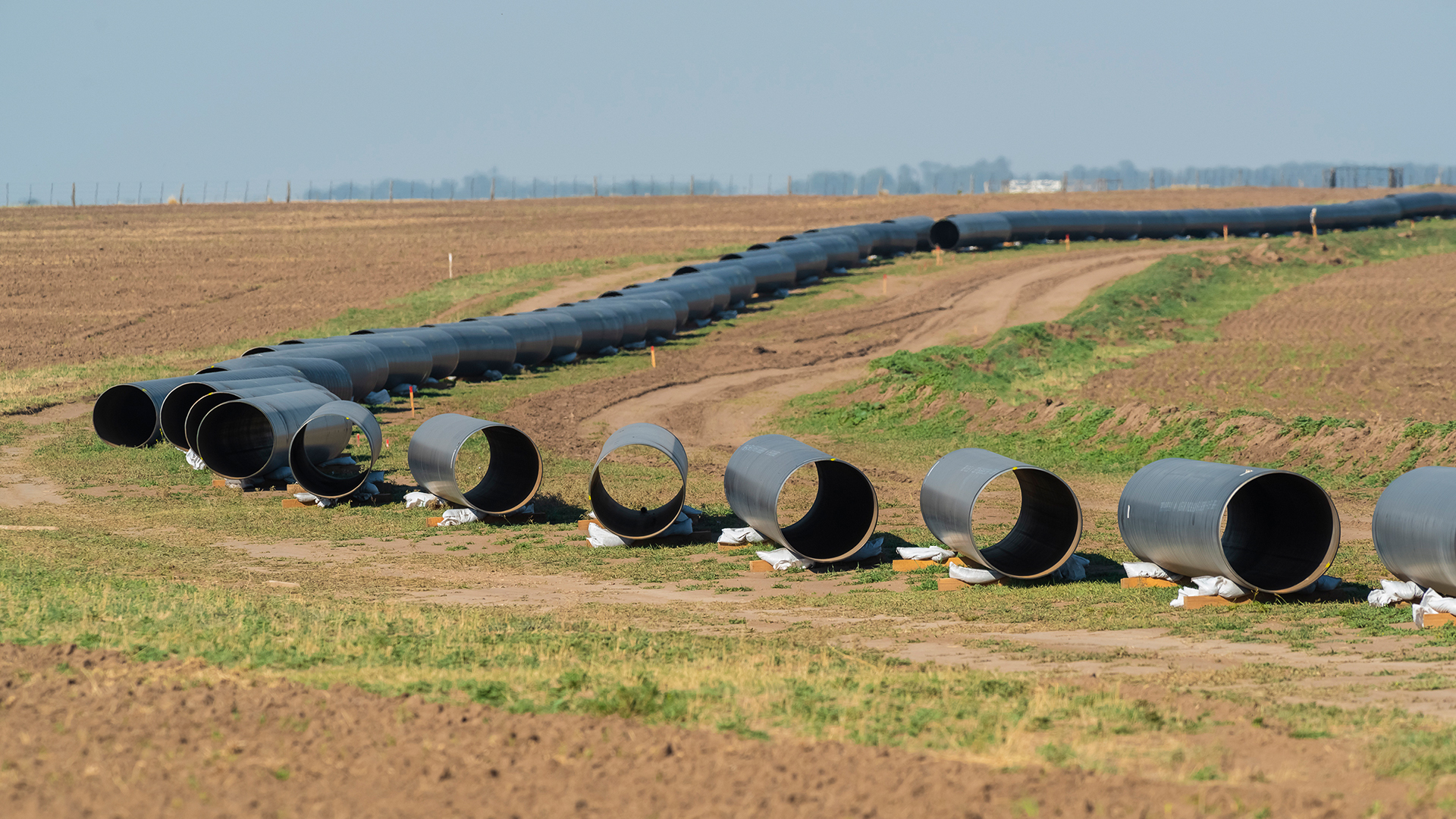One campaigned against the other. One called the other “corrupt” and “Communist.” Presidents Lula of Brazil and Javier Milei of Argentina are prioritizing a personal feud over their countries’ interests and, in the process, putting the brakes on an ambitious and long-term integration agenda.
There is an energy chapter in those plans that is struggling to move forward amid the bad vibes between Brasilia and Buenos Aires. But less joint government work also opens space for more private sector involvement.
The goal is to bring Vaca Muerta gas to Brazil. Argentine Energy Secretary Eduardo Rodriguez Chirillo has put it this way: We need to make the groom, Vaca Muerta gas, meet the bride, Brazilian demand.
We are watching three things on this agenda.
1. Subnational talks. The governors of the two provinces that house the lion’s share of Vaca Muerta, Rolando Figueroa of Neuquen and Alberto Weretilneck of Rio Negro, met with Lula in Rio de Janeiro to discuss, among other topics, energy integration. This was a follow-up from an earlier meeting Figueroa had with Petrobras management in Houston. Since then, Petrobras changed its leadership, but the drive to tap resources in Vaca Muerta remains. We might see more of these subnational attempts to push the agenda forward, sidestepping obtrusive presidential palaces.
2. An uncomfortable threesome. Lula recently signed a deal with his Bolivian counterpart, Luis Arce, that opens additional natural gas imports for Brazilian companies at cheaper prices. But Bolivia’s production is declining, and increasing sales to Brazil requires Argentine gas. Additional gas imports could start as soon as October once work on reversing the direction of flows on the Gasoducto Norte in Argentina is completed. That would let Argentine gas be pumped to Bolivia and ultimately to Brazil (toll price yet to be defined). Two Argentine firms, Tecpetrol and Pan American Energy, have already been authorized to sign interruptible gas sale contracts to Brazil via Bolivian. There will be more to come: even if Milei hates the “Communists” Arce and Lula, he desperately needs the hard currency.
3. Private sector initiative. Companies with interests in Vaca Muerta are exploring all ways possible to export the gas they produce and the gas they can potentially produce. The Milei administration does not want to spend on public works, given its hardline fiscal policy. This means the private sector will have to step in to work on the necessary infrastructure. Argentina’s energy secretary says that in November there will be a tender for the second stage of the Nestor Kirchner pipeline (GPNK, in its acronym in Spanish) but that, unlike in the first tranche inaugurated in July 2023, this time bidders will be required to obtain the cash to build it. Others, meanwhile, are already making decisive moves to enter the global LNG market. On 8 July, for instance, the Argentine company Pan American Energy (PAE) announced that it had reached a 20-year agreement with Norway’s Golar to export Vaca Muerta gas via a floating liquefied natural gas facility. YPF is also working on its own LNG project, much larger, initially with Malaysia’s Petronas but hopes to expand to other partners.
All these could happen quicker, of course, if the leaders of the region were on speaking terms. But it will happen – and it is happening – nonetheless.
Interested in learning about investment opportunities in Latin America?
Please provide your email below to receive more of our analysis.
About Horizon Engage
Horizon Engage provides country-level analysis on political, social and environmental issues that impact the investment climate for foreign direct investors. We’re changing the game for our clients by merging tech and geopolitical expertise in a whole new way. Let us be your eyes and ears so you can make decisions with confidence. Learn what we do.



